Israeli CAR-T cancer treatment could be administered out-patient – first in the world
The therapy was developed at Hadassah to treat Multiple Myeloma, AL Amyloidosis and other BCMA-positive malignancies.
Israeli cancer treatment is en route to becoming the world’s first and only out-patient CAR-T for multiple myeloma, AL amyloidosis and other BCMA-positive malignancies.
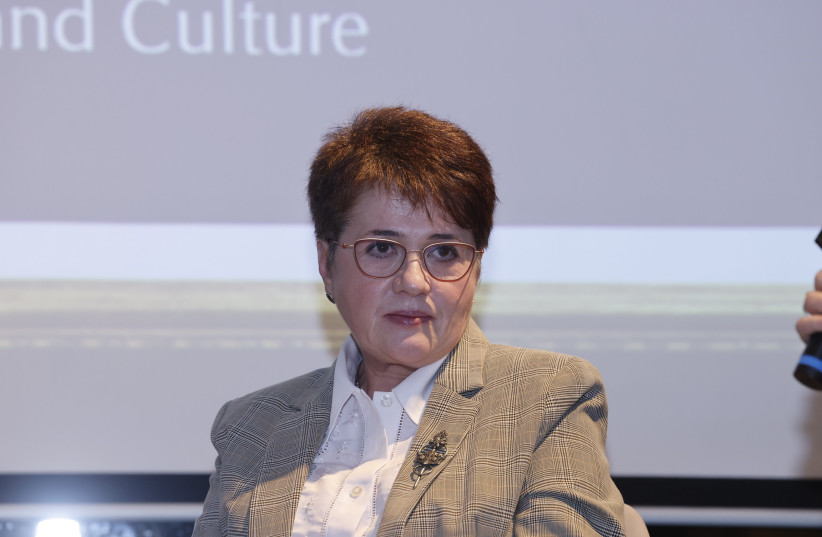
Prof. Polina Stepensky at the Jerusalem Post Women Leaders Summit in February 2023. (photo credit: MARC ISRAEL SELLEM)[/caption]
Chimeric antigen receptor T-cell therapy is a treatment in which a patient’s T-cells are altered in a lab to attack cancer cells. Myeloma, AL amyloidosis and BCMA-positive malignancies are all types of blood cancers. The first two are generally found in the bone marrow.
Prof. Polina Stepensky, Dr. Shlomit Kfir-Erenfeld and Dr. Nathalie Asherie of Hadassah’s Bone Marrow Transplantation Department, in collaboration with Prof. Cyrille J. Cohen of Bar-Ilan University, developed the CAR-T treatment for myeloma. At the end of last year, California-headquartered Immix Biopharma in-licensed the therapy, known as NXC-201, from Hadassah for $20 million in license fees and future milestone payments. It also agreed to sponsor ongoing clinical research and development at Hadassah for more than $12 million over the next four years.
NXC-201 has shown an 85% overall response rate and 71% complete response/stringent complete response at the therapeutic dose from the first 20 patients in an ongoing phase 1b relapsed/refractory multiple myeloma ongoing clinical trial.
The treatment, according to Stepensky, can prolong and significantly improve the life quality of people suffering from myeloma.
“The idea of CAR-T treatment was born in Israel in the 1980s but was implemented mainly in the United States,” Stepensky explained. “In the states, they developed a treatment for lymphoma. Here in Israel, we developed our treatment for myeloma. China is the only other country where this treatment is available at all.”
While Israel typically licenses such treatments from the United States, CAR-T is very expensive and not easily accessible. In the US, it can cost as much as $400,000 for a patient to receive this life-saving treatment. “This is why it was so important for us to develop something in Israel. Not only was it not always available, but it was costly,” she said.
Funded by Hadassah and the Women’s Zionist Organization of America, Stepensky led the charge to change the situation for her patients. As such, all the research, clinical trials and production in a certified Good Manufacturing Practice (GMP) facility are done at Hadassah. So far, nearly 70 patients have received the treatment.
“For our patients, it gives them another chance at life,” Stepensky said, adding that she has a lot of hope for the work that will be done in California.
“Now, they are going to start clinical trials in the US, and we hope the results will be the same as ours in Israel,” she explained. “Then, we can submit the treatment for final approval by the Food & Drug Administration (FDA). After that, the European Medicines Agency usually follows.”
This article was written in cooperation with Hadassah and the Women’s Zionist Organization of America.
Learn more here
Read the original story in The Jerusalem Post.
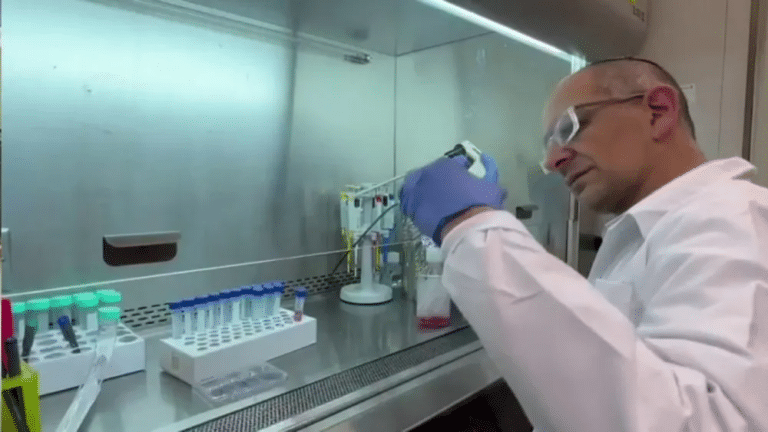




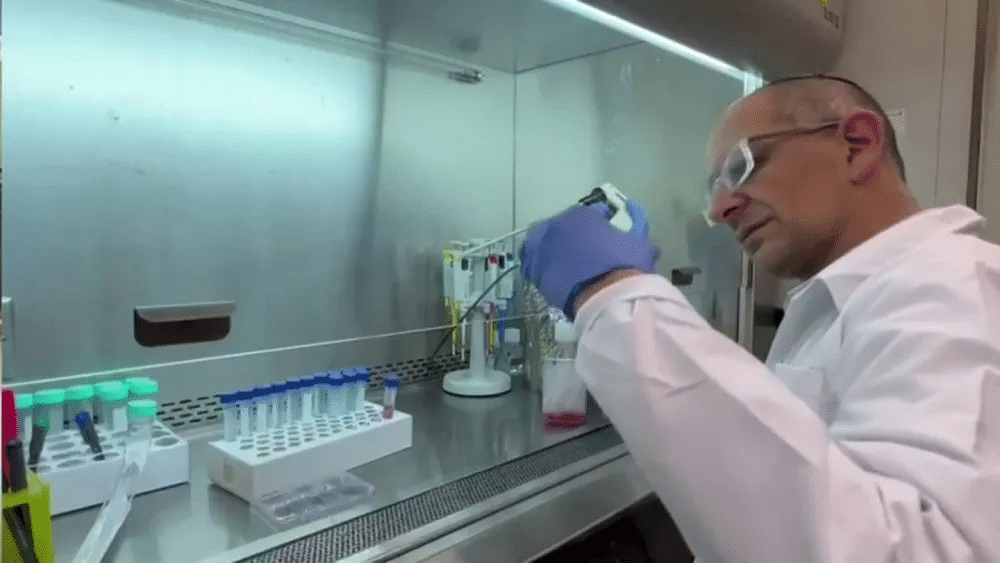
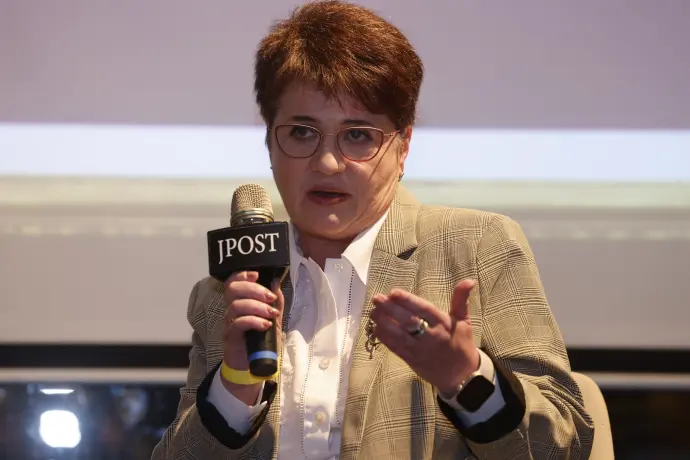
 Prof. Polina Stepensky at the Jerusalem Post Women Leaders Summit in February 2023. (photo credit: MARC ISRAEL SELLEM)[/caption]
Prof. Polina Stepensky at the Jerusalem Post Women Leaders Summit in February 2023. (photo credit: MARC ISRAEL SELLEM)[/caption]
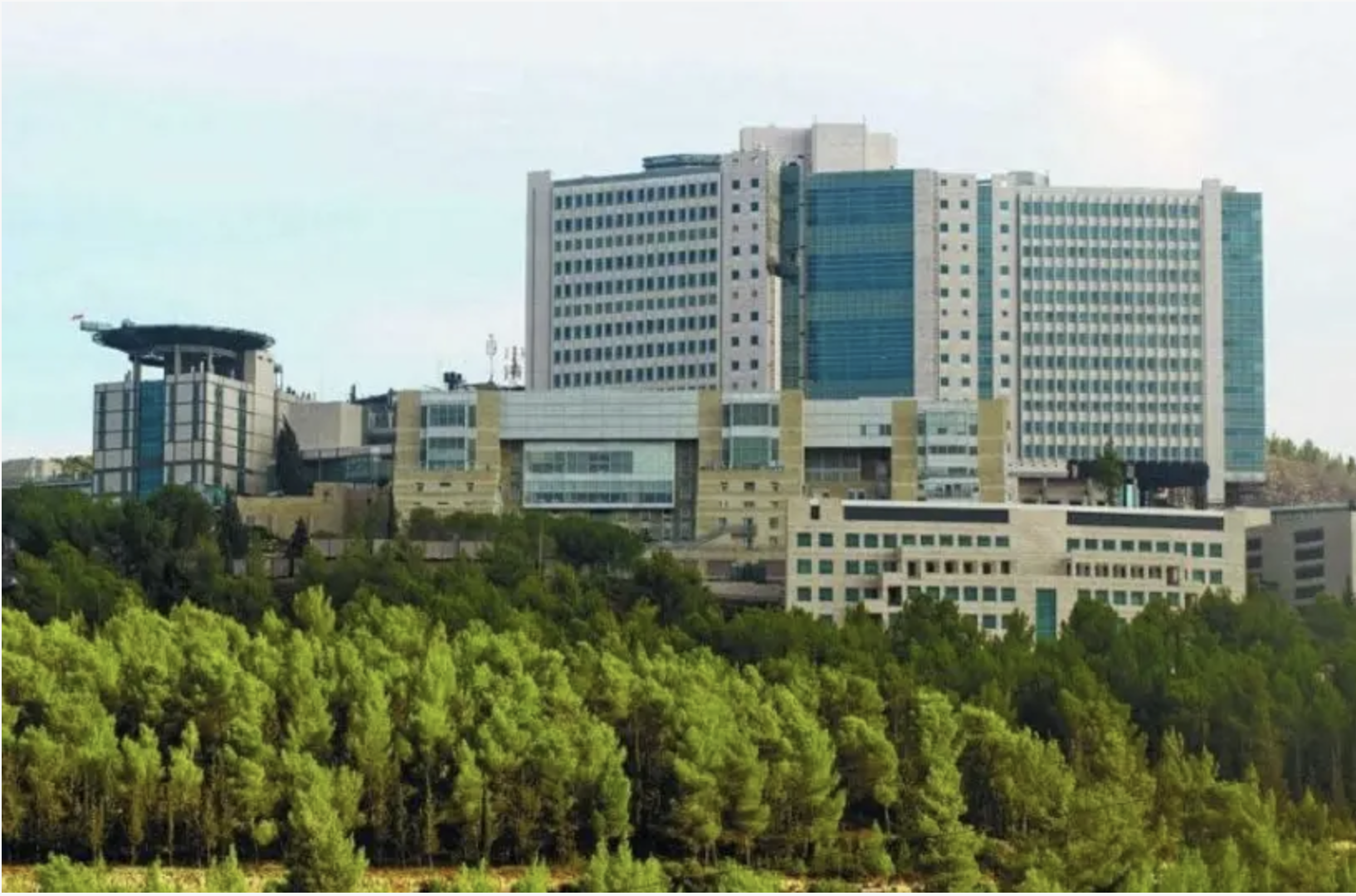

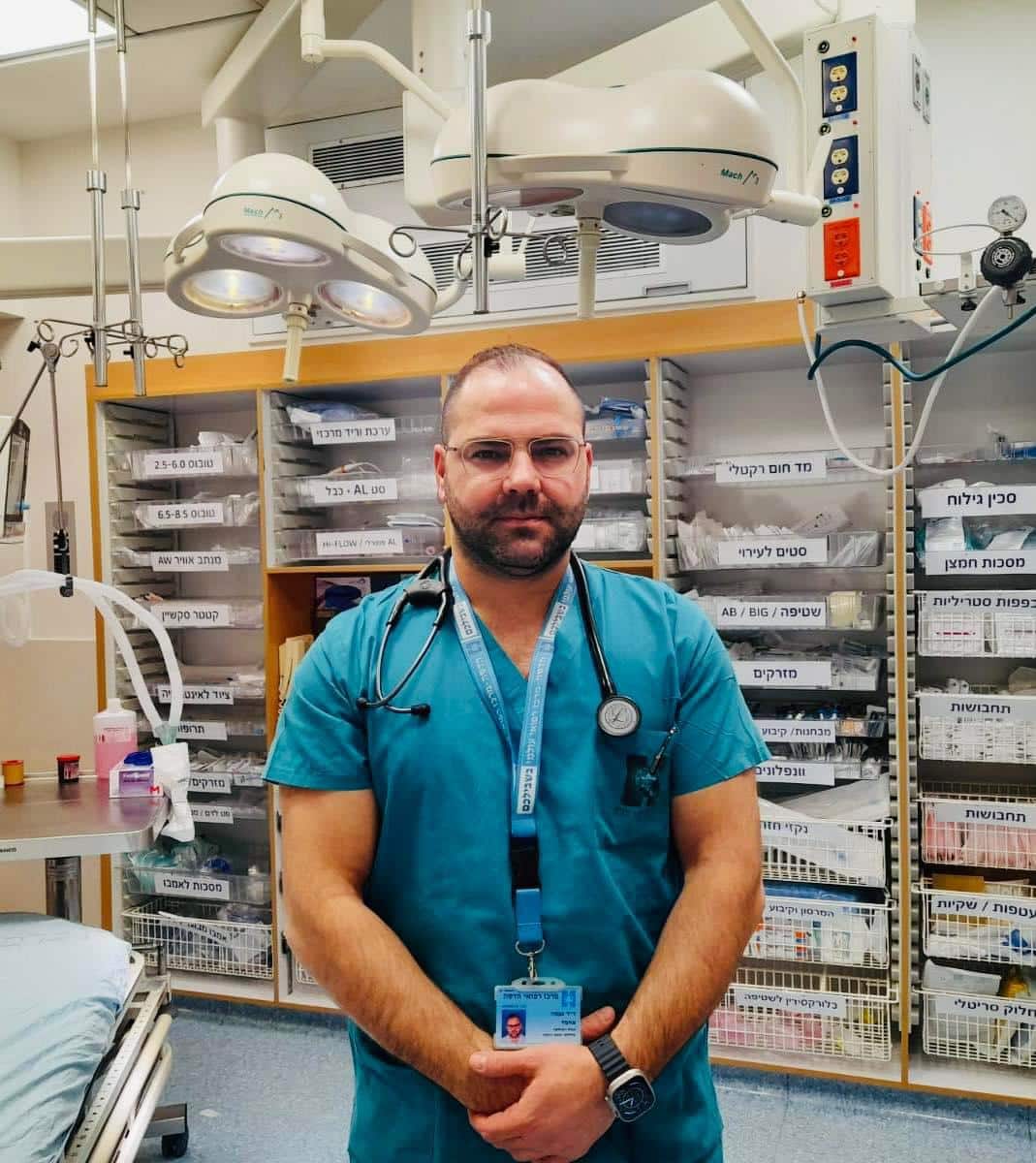
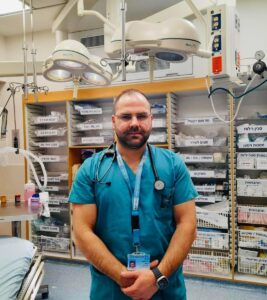 Naama, an expert in emergency medicine and the management of acute emergencies and trauma, replaced Prof. Kobi Assaf, who was appointed as the director of the emergency medicine unit at the Hadassah Medical Center.
Naama, an expert in emergency medicine and the management of acute emergencies and trauma, replaced Prof. Kobi Assaf, who was appointed as the director of the emergency medicine unit at the Hadassah Medical Center.

